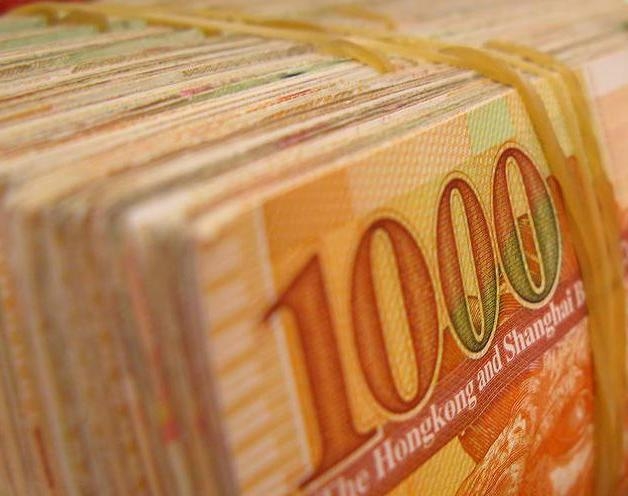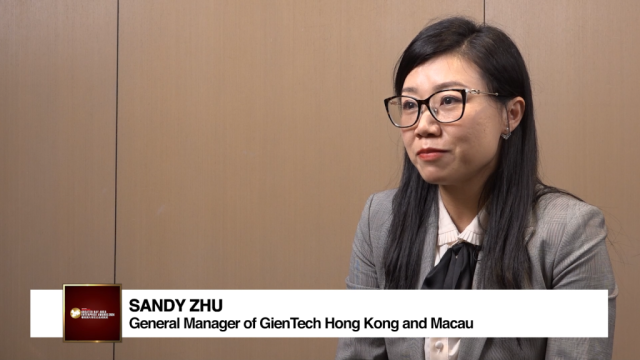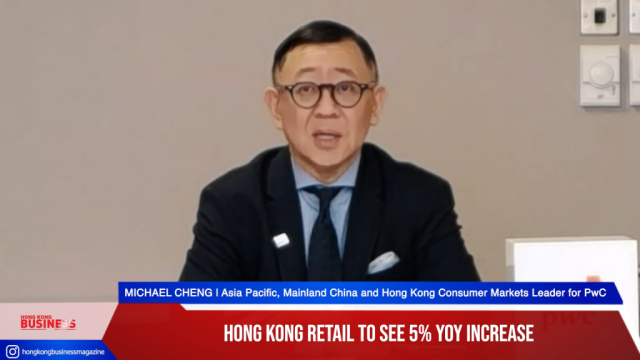
Fiscal and foreign exchange reserves to buoy currency peg
And mitigate the surrounding pressures.
Moody's Investors Service has noted that the exchange-rate and financial stability that the Hong Kong's peg provides, which are particularly important given the dominance of financial market activity in the economy, outweighs the potential negative impact of the currency arrangement in terms of higher interest rates and subsequent appreciation.
According to a release from Moody's Investors Service, the large fiscal and foreign-exchange reserves will allow Hong Kong's policy makers to mitigate pressures on the peg.
Moody's conclusions were contained in a just-released report "Government of Hong Kong: Low Debt and Large Reserves Provide Room to Support the Peg". The research is an update to the markets and does not constitute a rating action.
Here's more from Moody's Investors Service:
The 0.7% depreciation of the HKD against the USD between 13 and 21 January was the largest 6-day fall in the more-than-30-year history of the currency board (or 'peg') arrangement and follows a rise in implied volatility since mid-2015. The exchange rate has appreciated marginally since.
The downsides of pegging the HKD to the US dollar have come into focus for markets this year because the peg implies increasing interest rates, in tandem with the US Federal Reserve, and an appreciation of the HKD against most currencies (in particular against China's renminbi), a situation which is at odds with an economy and financial system under pressure from slowing demand from China and falling property and equity prices.
Moody's says that further downward pressure on the HKD may occur within the bands set by the Hong Kong Monetary Authority, especially when economic developments in China point to a more marked slowdown and uneven economic rebalancing. Portfolio outflows from Hong Kong could intensify this year as investors reduce the indirect exposure of their portfolio to China.
However, as an indication of the authorities' ability to support the peg, in November 2015, Hong Kong's ratio of reserves to currency in circulation was 7.6, well above the minimum value of 1 required to maintain the current currency regime.
An accumulation of current account surpluses over past decades has also led to Hong Kong building a very large portfolio of international assets worth 284% of GDP in 2014, providing an option to sell some of these assets to offset flows of capital from Hong Kong.
And, at 4.6% of GDP in 2014, government debt is one of the lowest amongst Moody's-rated sovereigns. Moreover, fiscal reserves, at 36.7% of 2014 GDP in March 2015, are substantial.






















 Advertise
Advertise








